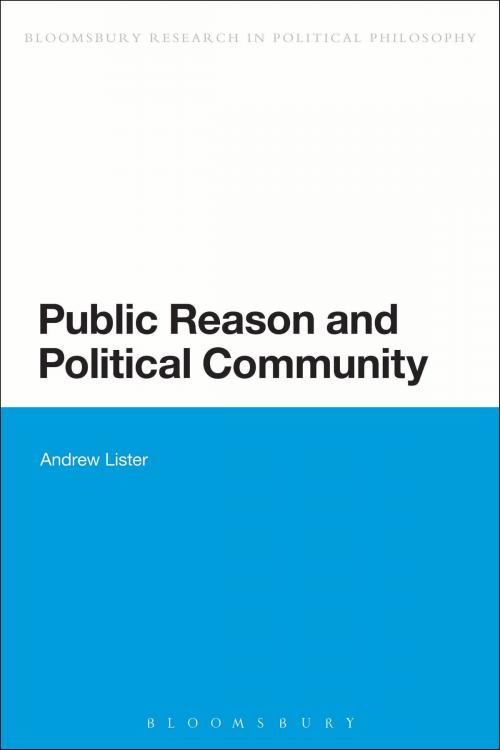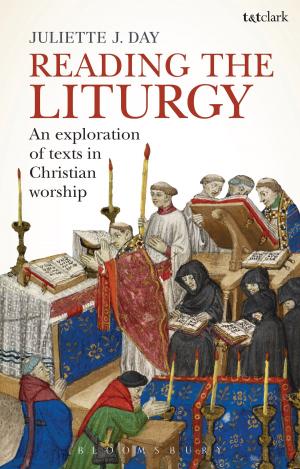Public Reason and Political Community
Nonfiction, Religion & Spirituality, Philosophy, Political, Social & Cultural Studies, Political Science| Author: | Dr Andrew Lister | ISBN: | 9781780938011 |
| Publisher: | Bloomsbury Publishing | Publication: | October 24, 2013 |
| Imprint: | Bloomsbury Academic | Language: | English |
| Author: | Dr Andrew Lister |
| ISBN: | 9781780938011 |
| Publisher: | Bloomsbury Publishing |
| Publication: | October 24, 2013 |
| Imprint: | Bloomsbury Academic |
| Language: | English |
Public Reason and Political Community defends the liberal ideal of public reason against its critics, but as a form of moral compromise for the sake of civic friendship rather than as a consequence of respect for persons as moral agents.
At the heart of the principle of public justification is an idealized unanimity requirement, which can be framed in at least two different ways. Is it our reasons for political decisions that have to be unanimously acceptable to qualified points of view, otherwise we exclude them from deliberation, or is it coercive state action that must be unanimously acceptable, otherwise we default to not having a common rule or policy, on the issue at hand? Andrew Lister explores the 'anti-perfectionist dilemma' that results from this ambiguity. He defends the reasons model on grounds of the value of political community, and applies it to recent debates about marriage.
Public Reason and Political Community defends the liberal ideal of public reason against its critics, but as a form of moral compromise for the sake of civic friendship rather than as a consequence of respect for persons as moral agents.
At the heart of the principle of public justification is an idealized unanimity requirement, which can be framed in at least two different ways. Is it our reasons for political decisions that have to be unanimously acceptable to qualified points of view, otherwise we exclude them from deliberation, or is it coercive state action that must be unanimously acceptable, otherwise we default to not having a common rule or policy, on the issue at hand? Andrew Lister explores the 'anti-perfectionist dilemma' that results from this ambiguity. He defends the reasons model on grounds of the value of political community, and applies it to recent debates about marriage.















